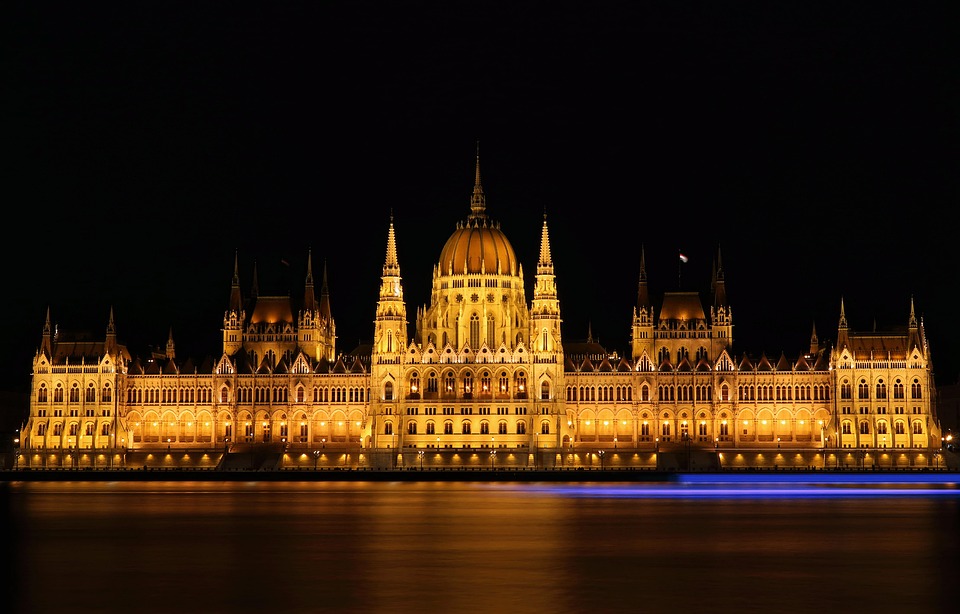The Age of Exploration: Discovering New Worlds and New Ideas
The Age of Exploration, spanning roughly from the late 15th century to the early 17th century, marked a pivotal period in global history characterized by unprecedented maritime navigation and the discovery of new lands and peoples. This era was driven by a quest for trade, wealth, and knowledge, ultimately reshaping world geography, cultures, and economies. Not only did explorers uncover new territories, but they also facilitated the exchange of ideas, technologies, and beliefs, thus laying the groundwork for the modern world.
The Push for Exploration
Several factors contributed to the rise of exploration in this era. One of the most significant was the relentless desire for new trade routes and access to the lucrative spices, silk, gold, and other riches found in Asia. The fall of Constantinople in 1453 and the subsequent rise of the Ottoman Empire posed challenges for European traders, who sought alternative routes to bypass Ottoman control.
Technological advancements played an essential role in the Age of Exploration. Innovations such as the magnetic compass, the astrolabe, and improved ship designs like the caravel allowed sailors to navigate more accurately and venture further into the open ocean. European nations, particularly Portugal and Spain, invested heavily in maritime exploration, driven by national pride and competition.
Key Explorers and Discoveries
Among the most renowned figures of this period were Christopher Columbus, Vasco da Gama, Ferdinand Magellan, and John Cabot. In 1492, Columbus, sailing under the Spanish flag, made his fateful journey across the Atlantic, landing in the Bahamas. His voyages opened the door to European colonization of the Americas, although he believed he had found a new route to Asia.
Vasco da Gama’s successful voyage to India in 1498 was another landmark achievement that established a sea route from Europe to Asia. His journey not only increased trade but also marked the beginning of European imperial ambitions in the Indian Ocean. Ferdinand Magellan made history by leading the first expedition to circumnavigate the globe, proving conclusively that the Earth was round and demonstrating the vastness of the Pacific Ocean.
The English explorer John Cabot ventured to North America in the late 15th century, laying the groundwork for later British claims to territory in the New World. Each of these explorations contributed to a rapidly expanding knowledge of geography and the interconnection of distant cultures.
Cultural Exchange and Its Consequences
The Age of Exploration facilitated an unprecedented exchange of ideas and commodities, famously known as the Columbian Exchange. This transfer of plants, animals, technology, and diseases transformed societies on both sides of the Atlantic. Crops such as potatoes, tomatoes, and maize found their way from the Americas to Europe, drastically changing diets and agriculture. Conversely, European goods such as horses and sugar were introduced to the New World, with far-reaching impacts on indigenous societies.
However, the Age of Exploration was not without its dark chapters. The encounter between Europeans and indigenous peoples often led to devastating consequences for many native populations. Diseases such as smallpox decimated communities that had no immunity, while colonization resulted in land dispossession, cultural erasure, and violent conflict. This complex legacy is still debated among historians, as societies grapple with understanding the implications of these interactions.
The Legacy of the Age of Exploration
The Age of Exploration left an indelible mark on the world’s sociopolitical landscape. It paved the way for the rise of European empires, the establishment of global trade networks, and the eventual age of industrialization. The voyages undertaken during this period opened new avenues not only for commerce but also for cultural exchanges that enriched human experiences.
This age also laid the foundational framework for modern global relations, trade, and diplomacy. Knowledge of geography shifted, leading to new maps and an understanding of the world as interconnected rather than isolated regions. The developments set in motion during the Age of Exploration continue to influence contemporary society, from our global economy to our cultural exchanges and even environmental concerns linked to colonial legacies.
Conclusion
The Age of Exploration was a remarkable period fueled by human curiosity and ambition, characterized by both the discovery of new worlds and the exchange of innovative ideas. The explorers of this era dared to venture into the unknown, challenging the boundaries of their understanding and forever altering the trajectory of history. As we reflect on this complex period, we recognize its profound significance and the lessons it holds for navigating our interconnected world today.
For further reading on the impact of the Age of Exploration and its relevance in modern times, see [modern_footnote_source_link].


























Add Comment